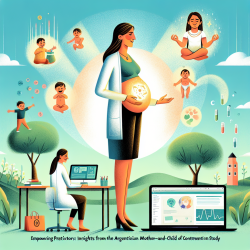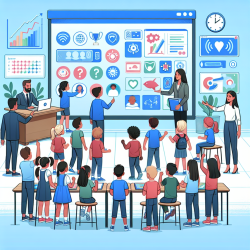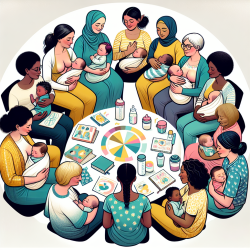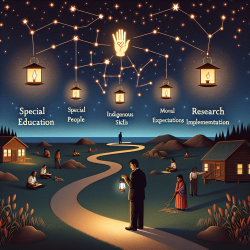Revolutionizing Children's Mental Wellness with the Community Resiliency Model
As professionals dedicated to improving children's mental wellness, it's crucial to stay informed about innovative tools and strategies that can make a significant impact. One such groundbreaking tool is the Community Resiliency Model (CRM), which offers a unique approach to mental wellness through interoceptive awareness. This model not only enhances individual well-being but also has the potential to create a ripple effect across entire communities.
Understanding the Community Resiliency Model
The CRM is a sensory-focused, self-care modality designed to promote mental well-being across diverse populations. It emphasizes the importance of interoceptive awareness—being attuned to internal body signals—to regulate stress and trauma responses. This approach is supported by a growing evidence base and neurobiological theory, making it a robust tool for mental health interventions.
Why CRM Matters for Children's Mental Health
Children, especially those in school settings, are constantly navigating stressors that can impact their mental health. CRM provides them with simple, effective skills to manage these stressors. By teaching children to recognize and respond to their body's signals, CRM empowers them to maintain emotional balance and resilience, even in challenging situations.
Implementing CRM in School Settings
For practitioners working in schools, integrating CRM can be transformative. Here's how you can implement CRM to enhance your practice:
- Training and Certification: Become a certified CRM practitioner to effectively teach these skills to children and educators.
- Incorporate CRM into Curriculum: Work with school administrators to integrate CRM into the existing curriculum, ensuring that all students have access to these valuable skills.
- Community Workshops: Host workshops for parents and community members to extend the reach of CRM beyond the classroom.
The Data-Driven Impact of CRM
Research has shown that CRM can significantly improve mental well-being and reduce stress symptoms in various populations. For instance, randomized controlled trials have demonstrated improved mental health outcomes in high-stress occupations. By adopting CRM, schools can create a supportive environment that fosters resilience and mental wellness among students.
Encouraging Further Research
While CRM has shown promising results, ongoing research is essential to fully understand its potential. Practitioners are encouraged to explore CRM's impact on specific mental health issues, such as anxiety and depression, and to contribute to the growing body of evidence supporting this model.
To read the original research paper, please follow this link: The Community Resiliency Model, an interoceptive awareness tool to support population mental wellness.










